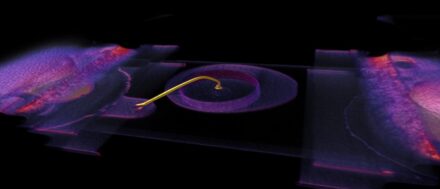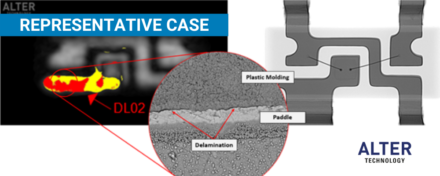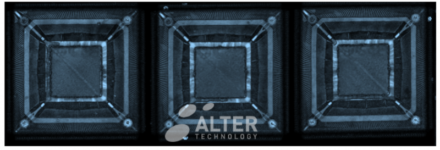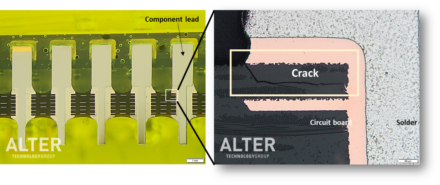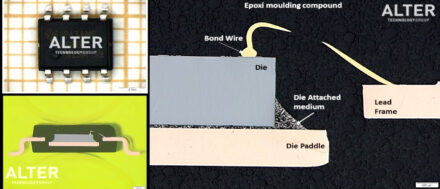
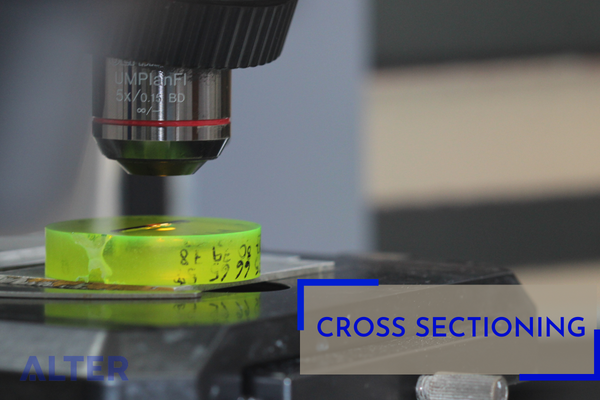
Cross Sectioning for LED
The cross-sectioning process provides access to the device internal structure, its materials and design. Electronics components are often subjected to cross-sectioning to detect the defects that could not be found using other testing techniques. Cross-sectioning typically involves three discrete steps: mounting the sample in a block of epoxy resin to form the specimen, grinding or cutting the specimen and finally polishing the exposed surface. >> Read more
EEE Parts Results Page
Cross Sectioning for LED
The cross-sectioning process provides access to the device internal structure, its materials and design. Electronics components are often subjected to cross-sectioning to detect the defects that could not be found using other testing techniques. Cross-sectioning typically involves three discrete steps: mounting the sample in a block of epoxy resin to form the specimen, grinding or cutting the specimen and finally polishing the exposed surface. >> Read more
EEE Parts Results Page
266 results found for LED/Diode/Discretes
Part reference
Quality level / QPL
Package
TID (krads)
Colour
Forward Voltage [Max]
Luminous Intensity [Min]
Peak Radiometric Wavelength Range
Unit price
Lead time
JANTX
Not qualified
QPDSIS-19500
Through Hole Mount
DIL-8
Red
7V
457ucd
Not Available
JANTX
Not qualified
QPDSIS-19500
Through Hole Mount
DIL-8
Red
7V
59ucd
Not Available
JANTX
Not qualified
QPDSIS-19500
Through Hole Mount
DIL-8
Red
7V
257ucd
Not Available
JANTX
Not qualified
QPDSIS-19500
Through Hole Mount
DIL-8
Red
7V
79ucd
Not Available
JANTX
Qualified
QPDSIS-19500
Through Hole Mount
See Spec
Yellow
30V
500ucd
570nm to 595nm
JAN
Not qualified
QPDSIS-19500
Through Hole Mount
DIL-8
Red
7V
106ucd
Not Available
JAN
Not qualified
QPDSIS-19500
Through Hole Mount
DIL-8
Red
7V
343ucd
Not Available
JAN
Not qualified
QPDSIS-19500
Through Hole Mount
DIL-8
Red
7V
343ucd
Not Available
JANTX
Not qualified
QPDSIS-19500
Through Hole Mount
DIL-8

